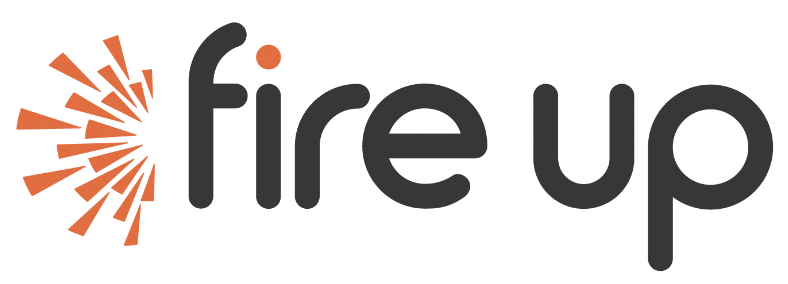

Fire up Solutions PTY LTD

New South Wales, Australia
December 2021
Management consultant - for-profits
Service with Minor Environmental Footprint
Australia,
Canada,
New Zealand
Empower Your People to Deliver Rapid Organisation Change. For impact that matters. As a human services provider, you know it's time to reimagine the way your organisation works. Regulatory compliance is becoming increasingly complex, competition is fierce, and customer service expectations are growing every year. The challenge for complex, highly regulated organisations like yours is that change can be slow. Empowering your people makes all the difference. But their time often gets spent putting out spot fires and being drawn into the weeds to the detriment of delivering anything strategic that sticks. At Fire up, we are experts in putting humans back into changing human-services organisations: aged and disability care, education and children's services, community and transport. Discover our Fire Up System for Organisation Change - suite of packaged services for you leadership team to get change moving quickly, in small steps and deliver immediate results. Whether it's operationalising a new regulatory framework, bringing a new strategy to life or creating an innovation culture. We believe in the power of your people to fire up extraordinary outcomes. We are committed to creating a better future and are proud to be a certified BCorp corporation. As part of the BCorp Movement.
Overall B Impact Score
Governance 20.3
Governance evaluates a company's overall mission, engagement around its social/environmental impact, ethics, and transparency. This section also evaluates the ability of a company to protect their mission and formally consider stakeholders in decision making through their corporate structure (e.g. benefit corporation) or corporate governing documents.
What is this? A company with an Impact Business Model is intentionally designed to create a specific positive outcome for one of its stakeholders - such as workers, community, environment, or customers.
Workers 25.1
Workers evaluates a company’s contributions to its employees’ financial security, health & safety, wellness, career development, and engagement & satisfaction. In addition, this section recognizes business models designed to benefit workers, such as companies that are at least 40% owned by non-executive employees and those that have workforce development programs to support individuals with barriers to employment.
Community 18.3
Community evaluates a company’s engagement with and impact on the communities in which it operates, hires from, and sources from. Topics include diversity, equity & inclusion, economic impact, civic engagement, charitable giving, and supply chain management. In addition, this section recognizes business models that are designed to address specific community-oriented problems, such as poverty alleviation through fair trade sourcing or distribution via microenterprises, producer cooperative models, locally focused economic development, and formal charitable giving commitments.
Environment 14.1
Environment evaluates a company’s overall environmental management practices as well as its impact on the air, climate, water, land, and biodiversity. This includes the direct impact of a company’s operations and, when applicable its supply chain and distribution channels. This section also recognizes companies with environmentally innovative production processes and those that sell products or services that have a positive environmental impact. Some examples might include products and services that create renewable energy, reduce consumption or waste, conserve land or wildlife, provide less toxic alternatives to the market, or educate people about environmental problems.
Customers 27.5
Customers evaluates a company’s stewardship of its customers through the quality of its products and services, ethical marketing, data privacy and security, and feedback channels. In addition, this section recognizes products or services that are designed to address a particular social problem for or through its customers, such as health or educational products, arts & media products, serving underserved customers/clients, and services that improve the social impact of other businesses or organizations.
What is this? A company with an Impact Business Model is intentionally designed to create a specific positive outcome for one of its stakeholders - such as workers, community, environment, or customers.